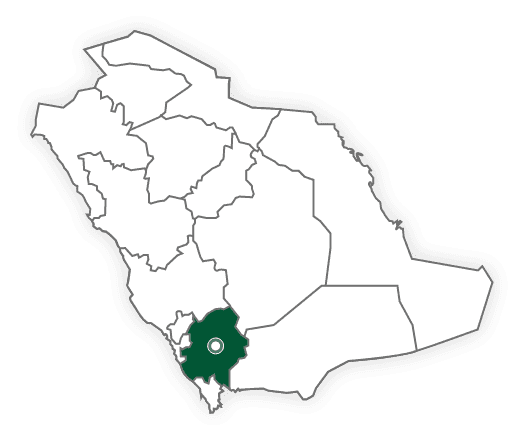
Located on the Red Sea coast within the Sarawat Mountains (Saudi Arabia’s longest mountain range). Aseer is a hidden gem – with rich heritage, unique tourism locations, and a fruitful natural landscape. Aseer is seeing large-scale government support aimed at transforming the region and enhancing growth across its key sectors. The region’s strategy was built on three main pillars: humanity, economy and environment. The region aims to attract approximately 8 million tourists by 2030, almost thrice the current amount. With a unique topography including unspoiled wilderness and high mountain peaks, Aseer is set on becoming a haven for adventure seekers and a key global tourism hub. Visitors will have the chance to enjoy outdoor activities along the region’s 125 kilometers-long coastline, desert dunes in Tathilth and Bisha, and over more than 4,000 traditional and culturally significant villages such as Rijal Almaa.
population (2020)
landmass area in kilometer square
STRATEGIC SECTORS
-
 Tourism
Tourism
-
 Agriculture
Agriculture
REGION AT GLANCE

92.5%
Employment Rate (Q2 2022)

316
Active Factories

1
International Airport

47
Hotels

1
Industrial Cities

1
Sport cities

151,239 km
Roads lengths in KM

32
Public & private hospitals

3
Public and Private Universities and Colleges
REGIONAL COMPETITIVENESS
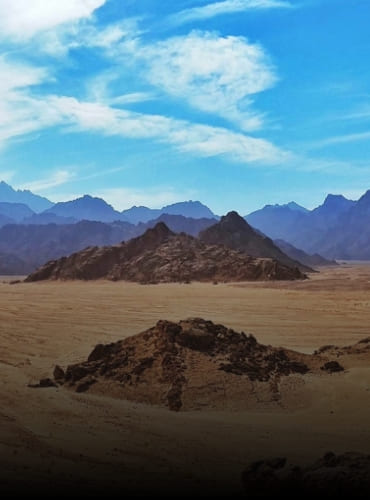
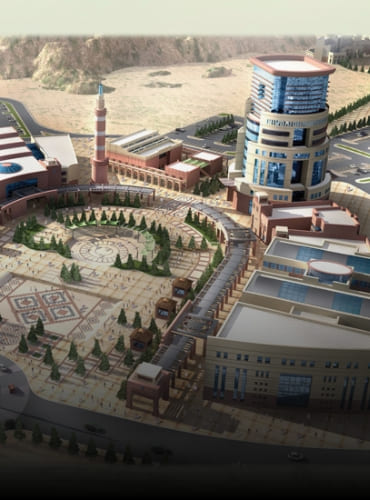
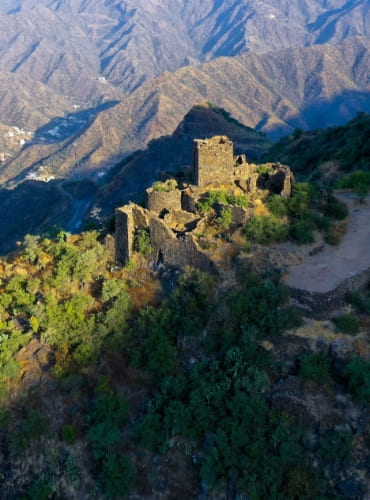

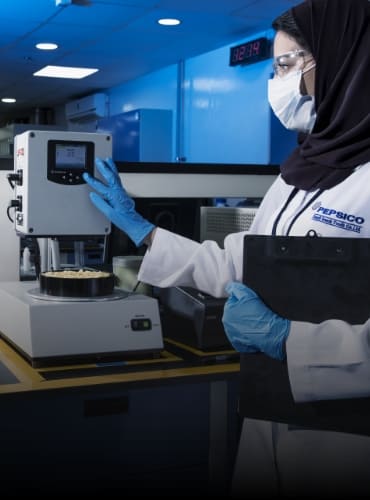
INVESTMENT OPPORTUNITIES

Develop
40,000+ housing units to suit all levels of income

Launch
Several projects in communications, health and transport industries

Upgrade
Abha's Airport to host 10 million passengers

Investments
worth over $13 billion in critical projects such as the development of attractions that will transform Asir into a global destination

Build
23,000 hotel rooms to reach a total of 37,000 by 2030
